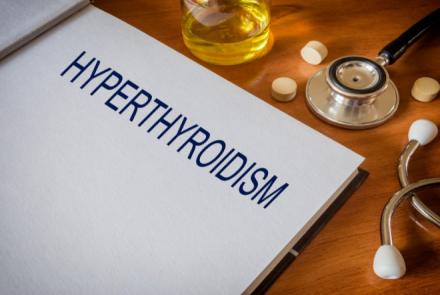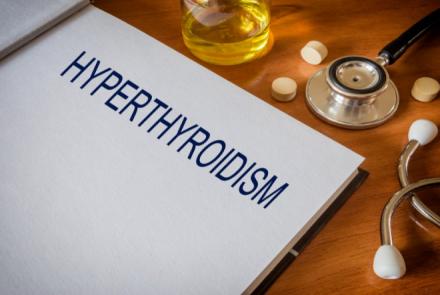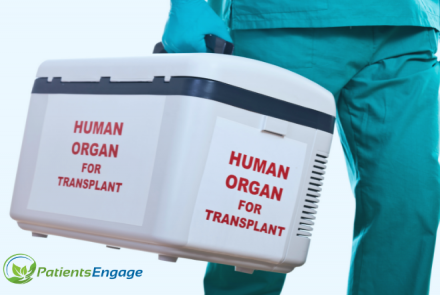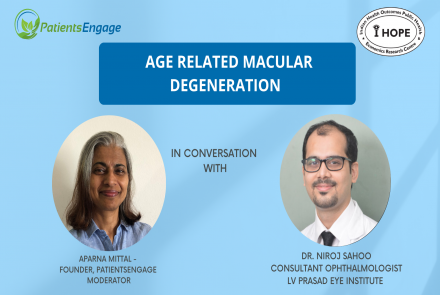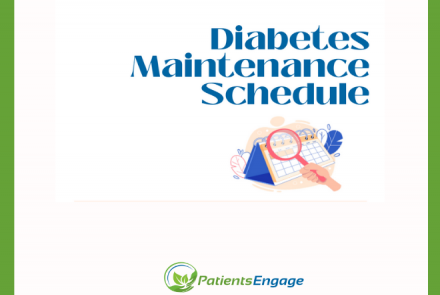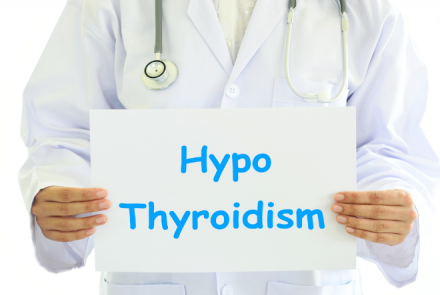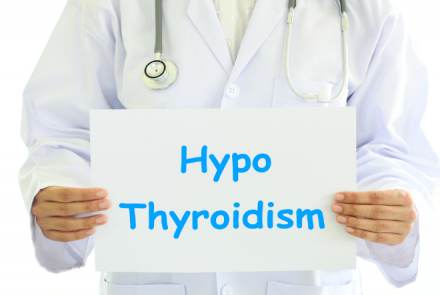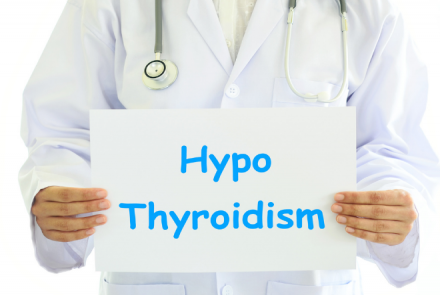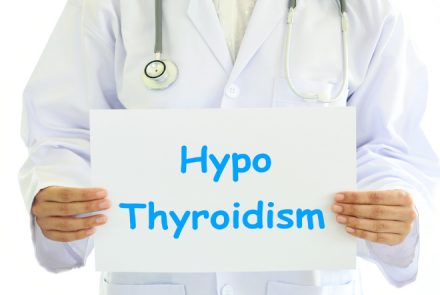There are many possible causes of Hyperthyroidism such as:
Graves' disease accounts for 60-80% of all cases. It is an autoimmune disorder, whereby the body’s immune system attacks the gland causing it to make more thyroid hormones.
Thyroiditis or inflammation of the thyroid gland causes thyroid hormones to leak into the bloodstream. Thyroiditis can be painless or silent, subacute or postpartum (post- delivery) and can show symptoms of hypothyroidism as well.
Thyroid nodules or lumps are common…
Latest Stories
- What is Hyperthyroidism The thyroid is an endocrine gland situated at the base of the neck. It is a vital gland that produces three major hormones : T3 (Triiodothyronine), T4 (Thyroxine) and Calcitonin. These hormones play a major role in the growth, metabolism and development of the human body. When there is an oversecretion of the T3 and T4 hormones, it leads to a condition termed Hyperthyroidism or Overactive Thyroid or Thyrotoxicosis. The term thyrotoxicosis is used to refer to the…
- Organ, tissue and cell transplants are sometimes the solution for certain conditions. This explains the basics of transplantation, types of transplants, lifespan of common transplanted organs and basic steps to preventing organ rejection. What is Transplantation? Transplantation is the procedure whereby an organ, tissue or cells is removed from one area of the body and implanted to another part of the body of the same or another person’s body. The tissue or organ is sometimes called “graft” or…
- Age related Macular Degeneration (ARMD or AMD), a condition that affects the central vision of a person, is an acquired cause of retinal degeneration and a growing cause of blindness in the elderly. Dr. Niroj Sahoo, Consultant Opthalmologist, LV Prasad Eye Institute address the topic of Age related macular degeneration. A must for anyone interested in elder care or geriatric care. The video covers the following topics: What is Age related Macular Degeneration Symptoms of Types of ARMD…
- Diabetes requires regular testing, monitoring, consultation at different time intervals. A simple schedule of follow ups and vaccines needed, helps to keep on top of things. Note: Use this as a guide but follow your doctor’s prescribed schedule Every Day Take your medicines on time. Check your blood glucose levels with a Glucometer. Maintain a log of time and readings. Share with your doctor at next consult. Check your blood pressure with a home BP monitor as prescribed by your…
- Tips for managing Hypothyroidism Take your daily medication on time. It will reduce your symptoms and keep the thyroid hormones in balance. There is no specific diet but do ensure adequate intake of iodine. Iodine rich foods include eggs, dairy products, meat etc. Lose excess weight. Weight gain is due to slowed metabolism and can lead to other issues. Note that the maximum weight gain due to thyroid issues is 4-5Kg. Stay fit and be active. This will improve stamina/ energy levels…
- There is no clear way to prevent hypothyroidism but you can reduce your risk by doing the following: Quit smoking. Use a neck collar when going in for head and neck X-ray. Have adequate iodine intake. This is especially true in many under-developed countries, where salt is now iodised to reduce this deficiency. Avoid exposure to radioactive iodine. Join our No Smoking Community to learn more
- The goal of treatment is to bring the person back to an euthyroid state (state of having normal thyroid gland function), hence necessitating lifelong thyroid hormone replacement therapy. Levothyroxine which is a synthetic T4 hormone is the preferred choice of treatment. It is usually prescribed once a day. L-triiodothyronine which is synthetic T3 is used less frequently due to a shorter half-life. Combination of the two synthetic hormones is available but with no significant…
- Diagnosis of hypothyroidism will be based on a full clinical history, physical examination and blood tests. In some cases, ultrasound of the neck may also be prescribed. Blood test of serum TSH and free T4 levels is the more definitive diagnostic tool. Based on the results, the type of hypothyroidism can be identified. TYPE SERUM TSH FREE T4 Primary Hypothyroidism High Low Secondary Hypothyroidism Low or normal Low Subclinical Hypothyroidism High (on…

